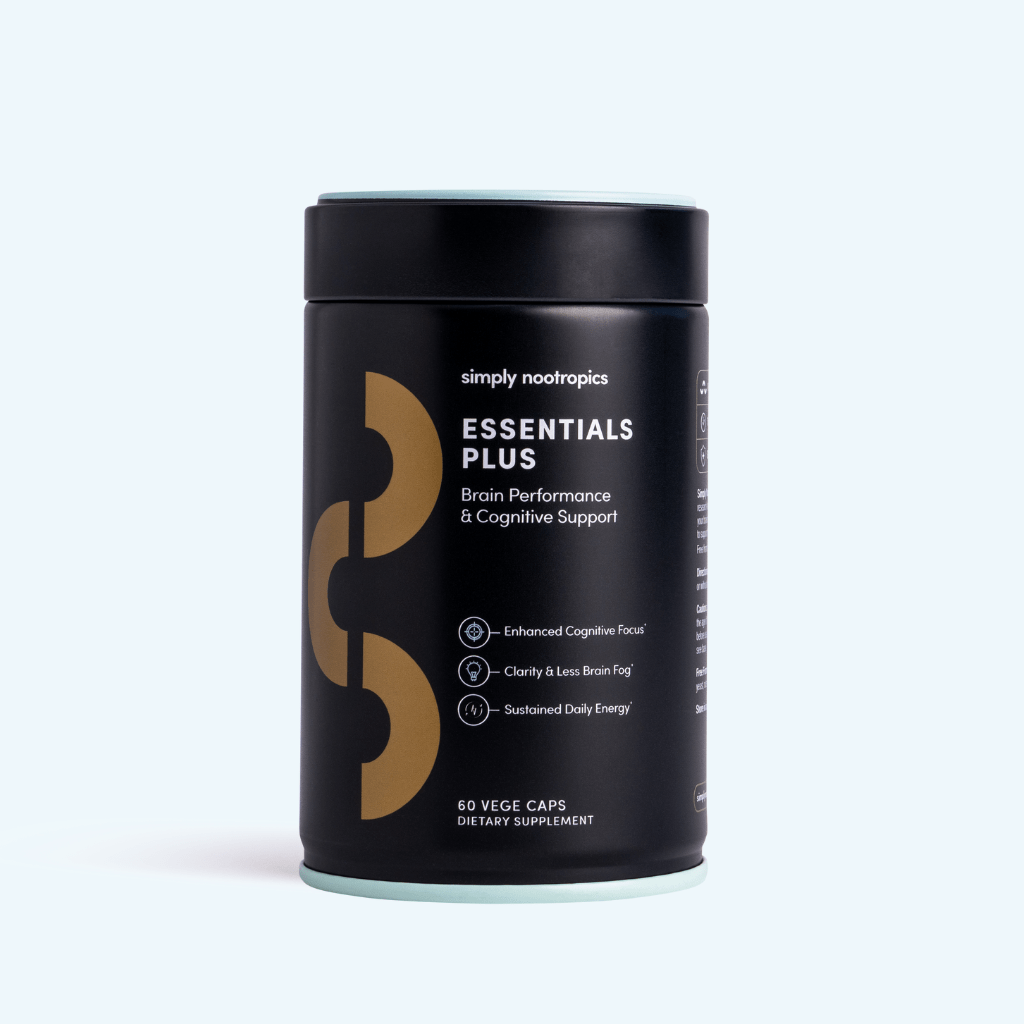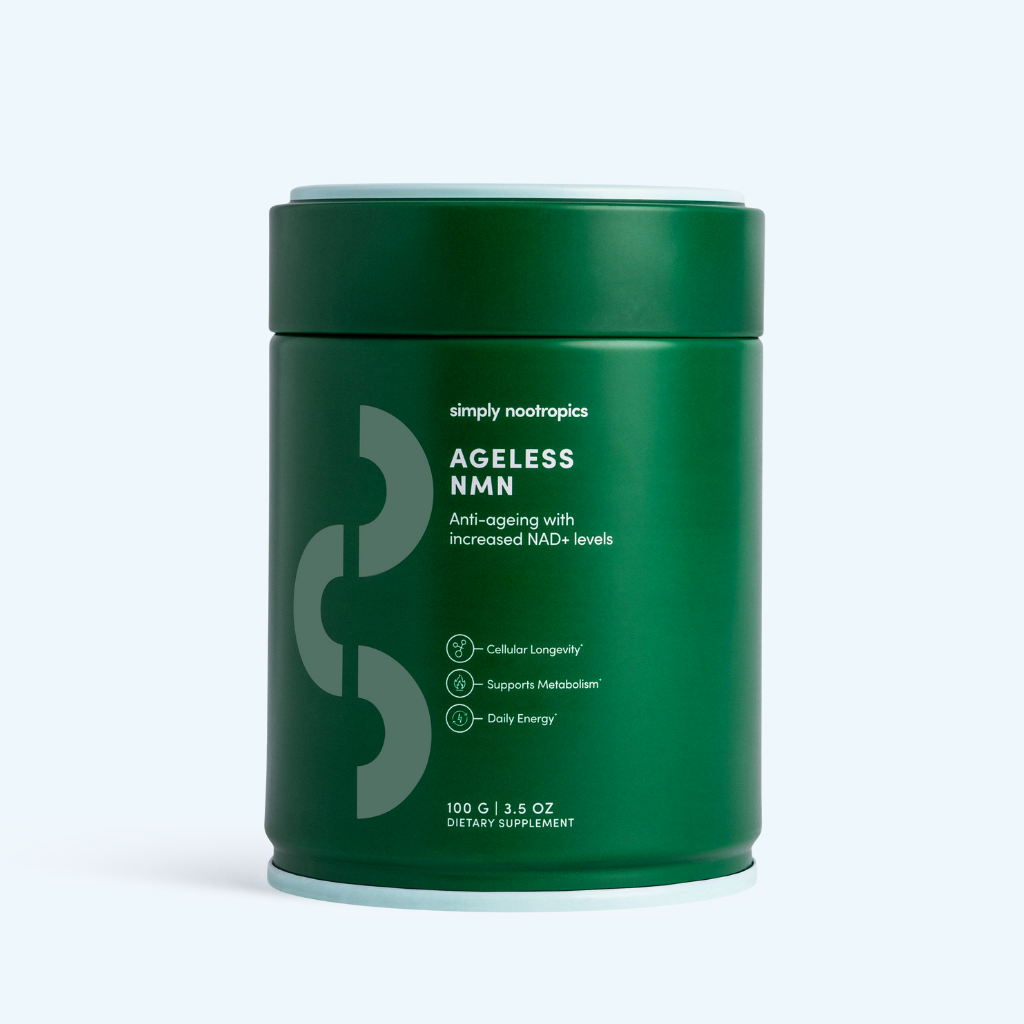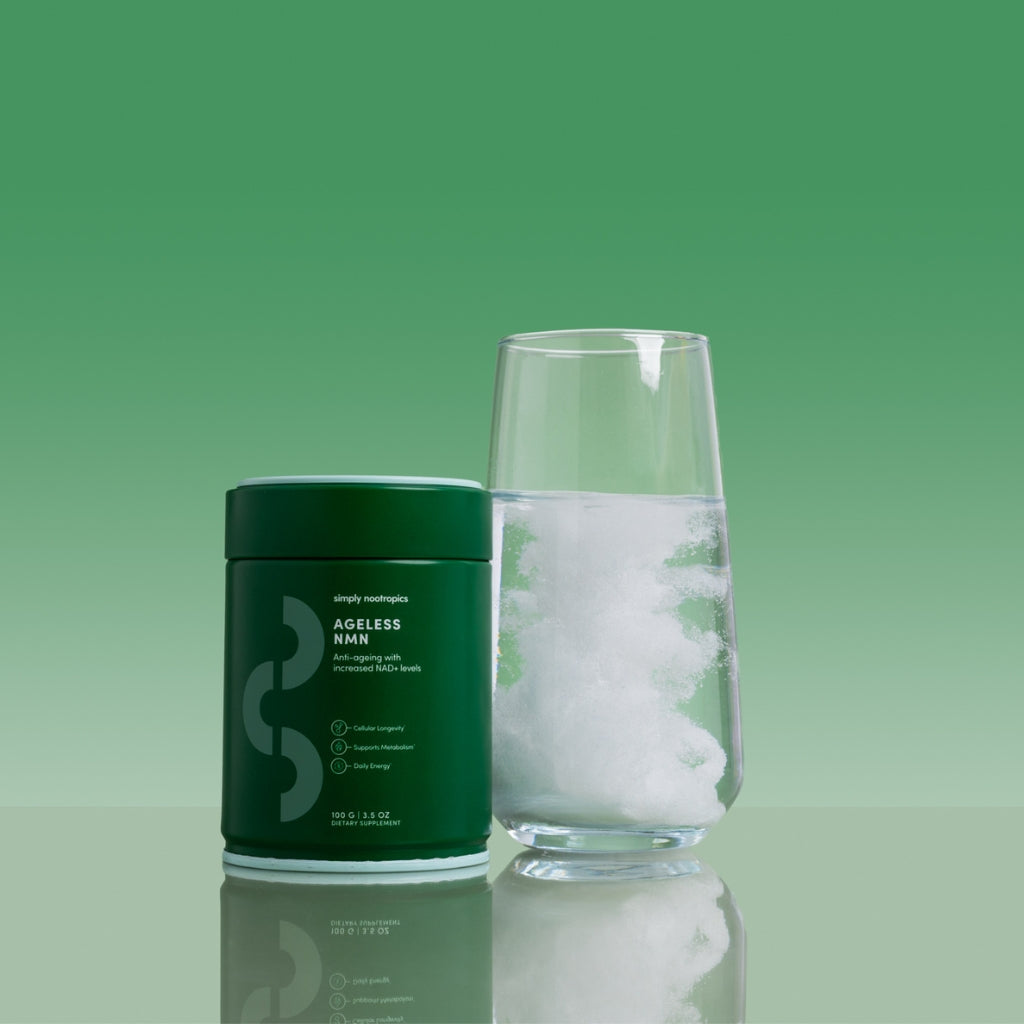Why I should include breathing exercises into my daily routine?
In a world where more and more people are looking for ways to increase their cognitive performance, it is no surprise that many companies have started incorporating breathing exercises into their daily routine. One of the largest benefits of breathing is its ability to reduce stress. Whether you are feeling stressed from work or just going about your day, taking time out for some deep breaths can help relieve this tension. Breathing exercises also have the potential to improve clarity and focus.
The Wim Hof Method is one of the most popular breathing exercises. It has been shown to increase energy levels, improve mood and reduce stress in just a few minutes per day! The method involves taking deep breaths while focusing on cold temperatures or ice packs (depending upon your preference). This exercise can be done anywhere - at home during work breaks for example- with no equipment necessary other than some water bottles filled up from an icy stream outside if you are feeling adventurous enough :)
You can view the Wim Hof breathing method on Youtube here. https://www.youtube.com/watch?v=tybOi4hjZFQ

Who is WIM HOF?
Wim Hof (born 20 April 1959), also known as The Iceman, is a Dutch extreme athlete noted for his ability to withstand freezing temperatures and survive naked in an ice bath for up to three hours. Wim is known as “The Ice Man” or simply just The Human Glacier because of his ability to endure extreme cold.
He is also known for creating the wim hof breathing method. Wim hof breathing exercises are a series of deep breaths that have been found to improve cognitive performance. Wim hofs method has helped people increase their focus, reduce stress and anxiety, as well as promote healing from injuries and illness.
Breathing is one way we can control the environment in our minds through direct action. By changing your breath you change your state of mind—breathe deeply when feeling stressed or anxious to calm yourself down and breathe more shallowly when trying to focus on a specific task for increased mental clarity.
What is the science behind breathing exercises?
The science behind breathing exercises is that they can help the body fight stress by increasing levels of serotonin and dopamine, which make us feel calm.
Breathing in this way sends a message to your brain's amygdala (the part that controls our fear response) telling it not to trigger an anxiety attack or other emotionally overwhelming event.
Deep breathing increases blood flow to the brain, which allow more "clean" oxygen into our bloodstreams than if we were only taking shallow breaths with little air intake.
It also slows down the heart rate and lowers blood pressure, so we don't get as stressed out. Breathing helps reduce inflammation too - another cause of illnesses like asthma and inflammatory bowel disease! When you breathe deeply, you are making sure vital organs have enough oxygenated blood supply to function well because deep breaths allow more air into their lungs than shallow ones do.
Breathing deep helps improve focus too - by clearing your mind of distractions and providing much-needed oxygen supply to brain cells, so they function properly at higher cognitive level.
Deep breathing increases blood flow to the brain, which allow more "clean" oxygen into our bloodstreams than if we were only taking shallow breaths with little air intake.
Research has also shown that breathing exercises can induce a state of calmness, which is great for people who suffer from anxiety disorders or panic attacks as it prevents the incident from happening in the first place when practised regularly.














